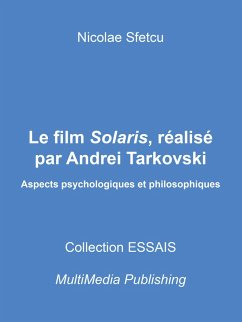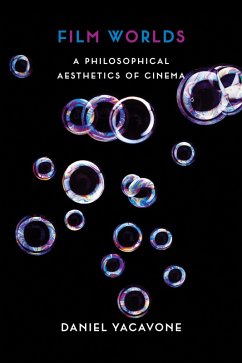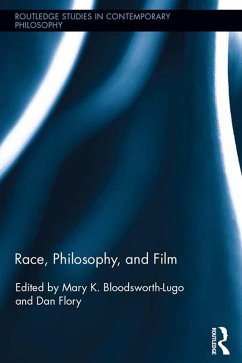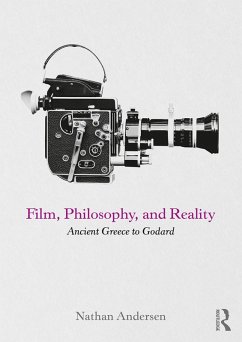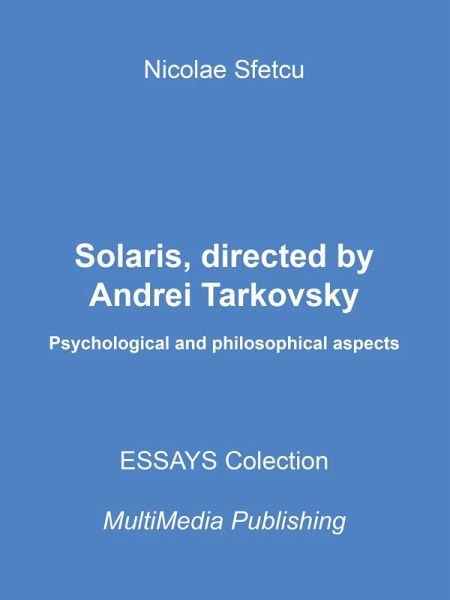
Solaris, Directed By Andrei Tarkovsky - Psychological And Philosophical Aspects (eBook, ePUB)

PAYBACK Punkte
0 °P sammeln!
About the main psychological and philosophical aspects detached from the film Solaris directed by Andrei Tarkovski, as well as the cinema techniques used by the director to convey his messages to the spectator. In the "Introduction" I briefly present the relevant elements of Tarkovski's biography and an overview of Stanislav Lem's Solaris novel and the film Solaris directed by Andrei Tarkovsky. In "Cinema Technique" I talk about the specific rhythm of the scenes, the radical movement triggered by Tarkovsky in modern cinema, the role of symbolic and iconic elements, and affinities with the fant...
About the main psychological and philosophical aspects detached from the film Solaris directed by Andrei Tarkovski, as well as the cinema techniques used by the director to convey his messages to the spectator. In the "Introduction" I briefly present the relevant elements of Tarkovski's biography and an overview of Stanislav Lem's Solaris novel and the film Solaris directed by Andrei Tarkovsky. In "Cinema Technique" I talk about the specific rhythm of the scenes, the radical movement triggered by Tarkovsky in modern cinema, the role of symbolic and iconic elements, and affinities with the fantastic area of Russian literature. In Psychological Aspects I analyze the issue of communication in a human society of the future considered by Tarkovsky as rigid, the obsession of the house, and the personal evolution of Kris, Hari, and the relationships between them. In Philosophical Aspects, the film is analyzed through the philosophy of the mind (Cartesian dualism, reductionism and functionalism), the problem of personal identity, the theory of heterotopic spaces developed by Michel Foucault, and the semantic interpretations that can be deduced from the film. It also analyzes the issue of personal identity through Locke's philosophy. "Conclusions" show the general ideas of this essay, namely that Man's attempts to classify and maintain forms of interaction with unknown entities will always be condemned to failure and will reflect a major mistake in the panoptic world in which we live. In this framework of analysis of the philosophy of mind, functionalism seems to be the most intuitive. Solaris is, however, a movie that begins as a search for answers and comes to provide these answers with a whole range of different questions. CONTENTS: Abstract Introduction 1 Cinema technique 2 Psychological Aspects 3 Philosophical aspects Conclusions Bibliography Notes DOI: 10.13140/RG.2.2.28635.82723
Dieser Download kann aus rechtlichen Gründen nur mit Rechnungsadresse in A, B, CY, CZ, D, DK, EW, E, FIN, F, GR, H, IRL, I, LT, L, LR, M, NL, PL, P, R, S, SLO, SK ausgeliefert werden.




